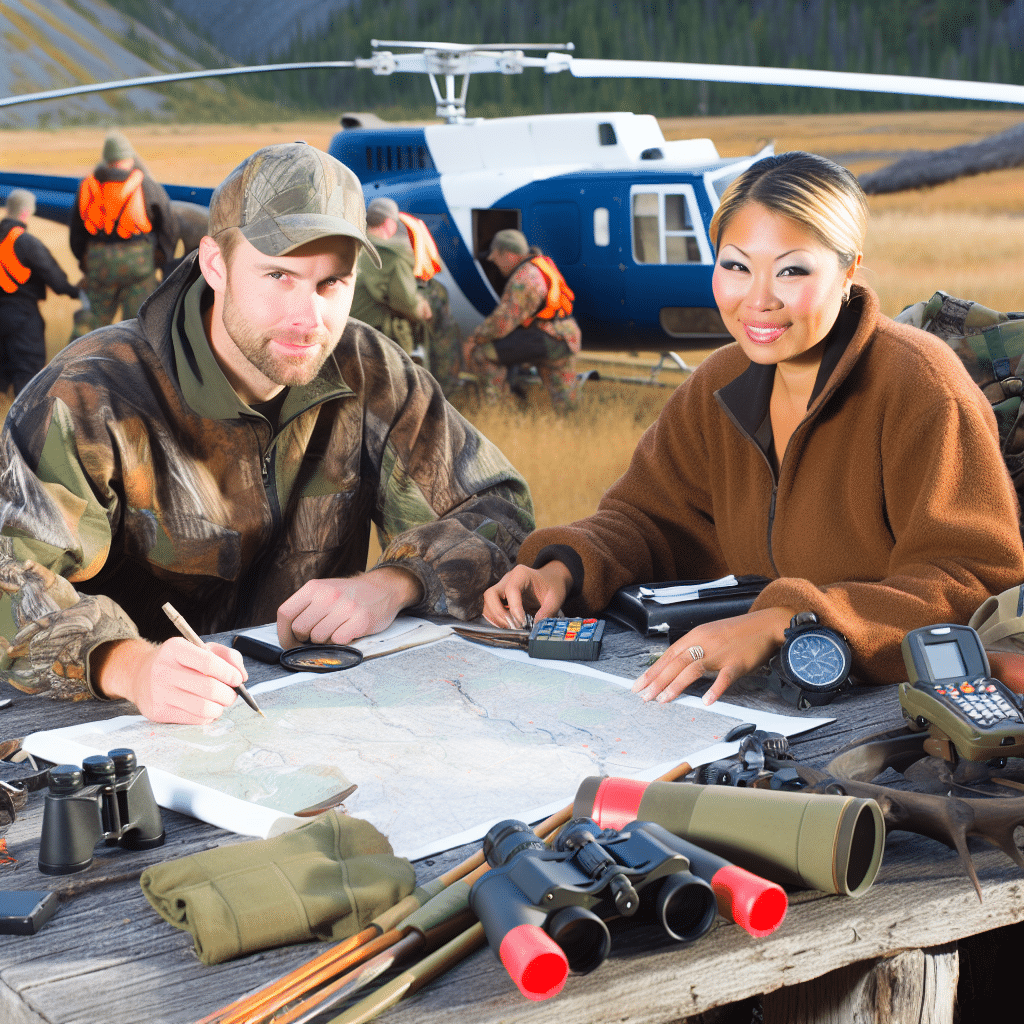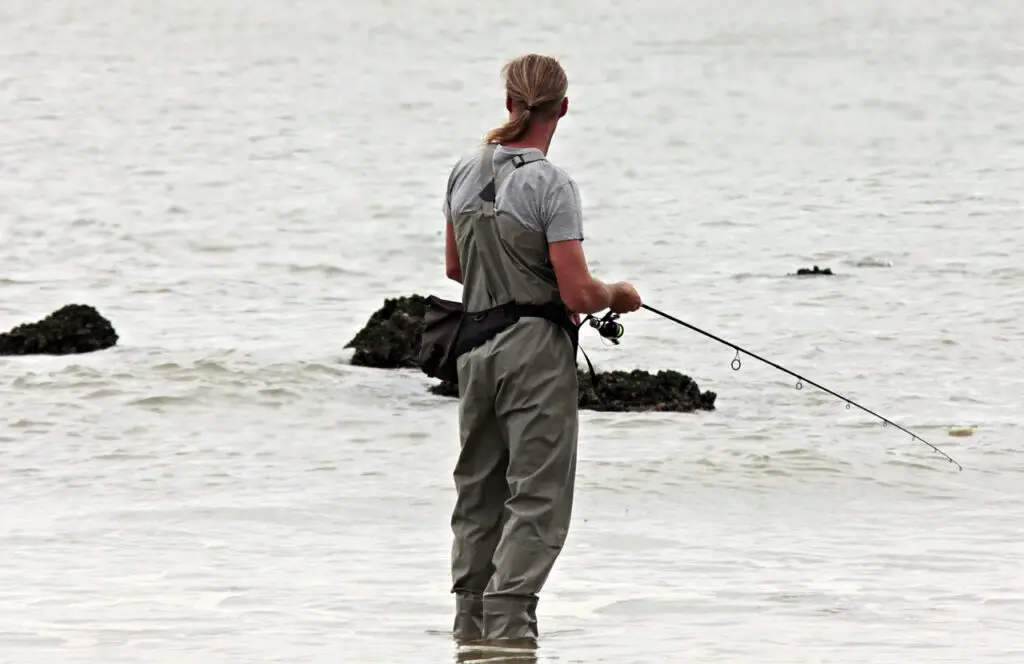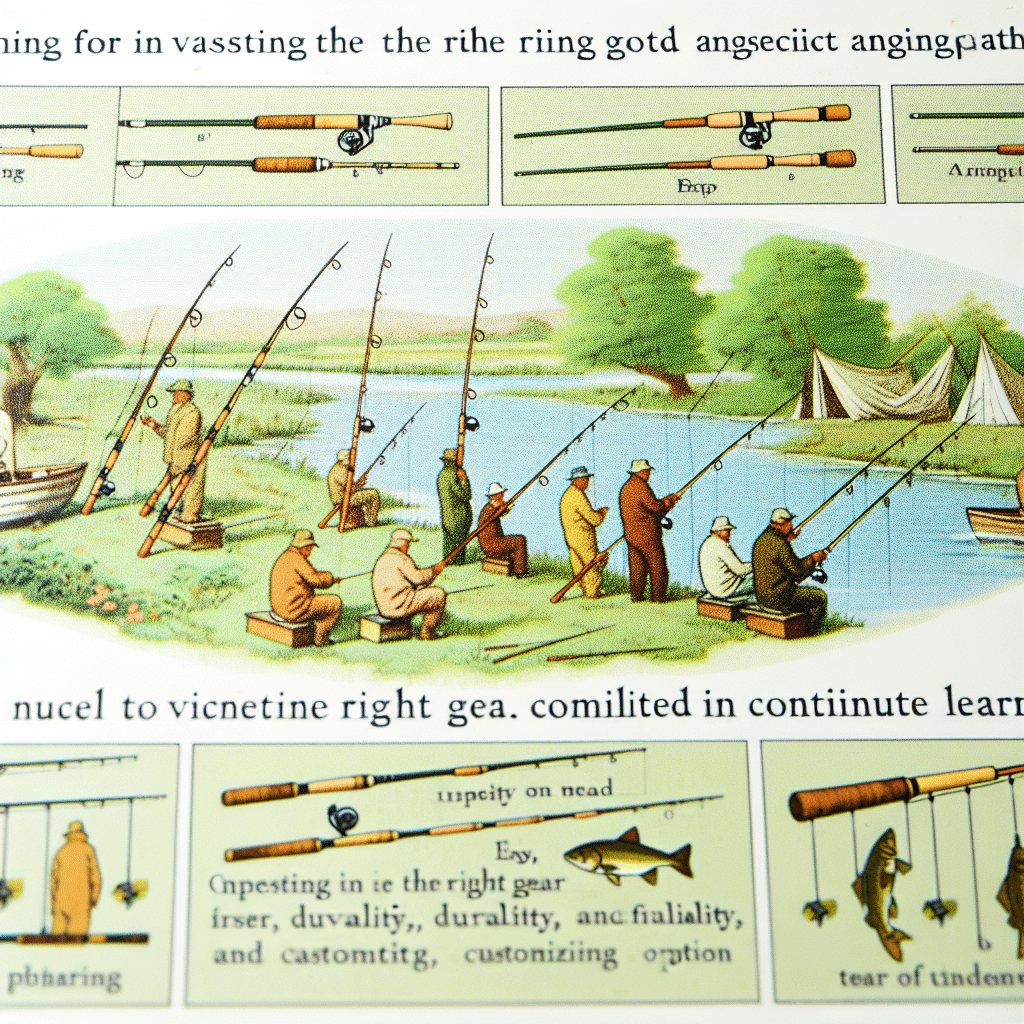Hunting is an exhilarating adventure that allows enthusiasts to connect with nature and test their skills. However, as thrilling as it may be, hunting also carries inherent risks that should not be overlooked. One critical step towards ensuring your safety while hunting is sharing your hunting plan with someone you trust and providing specific details that can aid law enforcement officials in finding you if anything goes awry. What information on your hunting plan can help law enforcement officials find you? This article will explore the key components you should include in your plan to enhance your safety and ensure a prompt response in case of an emergency.
What Is a Hunting Plan and Why Is It Crucial?
Defining a Hunting Plan
A hunting plan is a comprehensive outline of your hunting trip, detailing where you plan to hunt, what you’ll be doing, and how long you expect to be out in the field. This plan is not just a mere formality; it is a crucial safety measure. Sharing this plan with a trusted friend or family member ensures that someone knows where you are and when to expect your return.
The Importance of Sharing Your Plan
Notably, the information on your hunting plan can help law enforcement officials find you in various situations. Whether you become lost, injured, or otherwise incapitated, the details you provide can be the difference between a quick rescue and a prolonged, perilous situation. Law enforcement officials rely on accurate information to narrow down search areas, allocate resources effectively, and expedite rescue operations.
Essential Information to Include in Your Hunting Plan
Your Personal Information
Start your hunting plan with your full name, address, phone number, and any medical conditions or allergies you have. This personal information is crucial for identification purposes and can help law enforcement officials prepare for any specific medical needs you might have.
Detailed Itinerary
Provide a thorough itinerary of your hunting trip. This should include:
1. **Date and Time of Departure and Return:** Specify when you plan to start your journey and when you expect to return. This information is pivotal for establishing a timeline for law enforcement in case you are reported missing.
2. **Exact Location(s):** Include the GPS coordinates or detailed descriptions of your hunting locations. If you plan to move around, outline your anticipated routes and stopping points. The more precise you are, the easier it will be for search and rescue teams to locate you.
3. **Activities Planned:** Mention the type of hunting you’ll be doing and any other activities you plan to engage in. This can give law enforcement insights into possible areas where you could be located.
Communication Plan
Explain your communication plan, including the devices you’ll be carrying (cell phone, two-way radio, GPS tracker, etc.) and how often you plan to check in with someone. If you have a satellite phone or a personal locator beacon (PLB), note that in your plan. This helps law enforcement understand how they might be able to reach you or track your location if needed.
Group Information
If you are not hunting alone, provide information about your hunting companions. Include their names, contact information, medical conditions, and any specific roles they might have in the group. Knowing the group dynamics can assist law enforcement in strategizing their search efforts.
Vehicle Details
Include a description of your vehicle, including make, model, color, and license plate number. Also, mention where you plan to park. Many search and rescue operations start by locating the vehicle, which can serve as a critical clue to your whereabouts.
Emergency Contacts
List your emergency contacts and their relationship to you. These individuals should be people who are aware of your hunting plan and can provide additional information if needed. Having multiple contacts ensures that law enforcement has several points of communication to gather essential details quickly.
Why Accuracy and Detail Matter
The accuracy and level of detail in your hunting plan cannot be overstated. What information on your hunting plan can help law enforcement officials find you efficiently and quickly? Accurate and detailed information significantly narrows down search areas and helps in the deployment of resources.
Timely Intervention
The more accurate your information, the sooner law enforcement can intervene. Time is of the essence in search and rescue operations, and detailed information can drastically reduce the time it takes to find you.
Resource Allocation
When law enforcement has a clear idea of your location and circumstances, they can allocate resources more effectively. This means deploying the right teams, using appropriate equipment, and covering the most likely areas first.
Final Thoughts
As a responsible hunter, you should always prioritize safety. Preparing and sharing a detailed hunting plan is not just a precaution; it’s a vital step that ensures you have a safety net in place should anything go wrong. Remember, what information on your hunting plan can help law enforcement officials find you quickly and efficiently can be the key to your survival in an emergency. So, take the time to craft a thorough hunting plan and share it with someone you trust—it could make all the difference.




